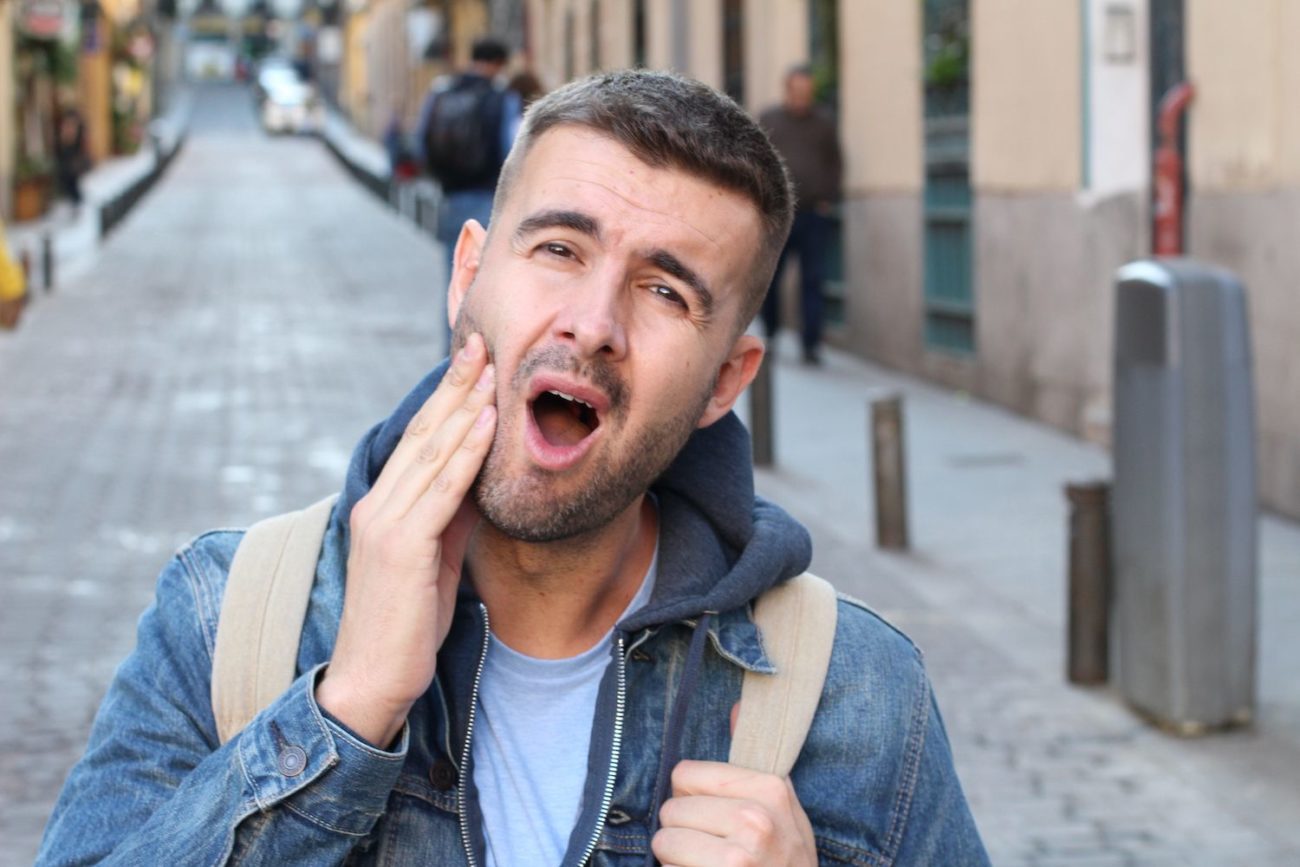If you have TMJ related problems, let us know at your next dental visit. We can help diagnose the source of the issue and recommend a treatment plan to help you manage and treat your TMJ disorder. We will coordinate your personalized treatment with a local TMJ specialist.
There is no single course of treatment for TMJ disorders. TMJ treatment depends entirely on the patient. In many cases, we can carry out the treatment plan in our office using oral appliances and restorative dental techniques to bring your bite into harmony.
Our dentists also work with patients of other dentists to coordinate TMJ treatment plans. If you are seeing another dentist and want a second opinion on your TMJ Disorder, we would be glad to help. Our Buford, GA dentists will perform a comprehensive evaluation to identify signs of instability in your jaw joints, soft tissue, and muscles.

About TMJ Disorder
There are few true “experts” in the field of TMJ Disorders, which is a complex group of conditions surrounding jaw joint instability and fit of the bite. Our dentists’ experience in the field of restorative dentistry, combined with their training in the discipline of “functional occlusion” from the Dawson Academy, gives them a deep understanding of how your teeth, jaw joints, and muscles work together. When one or more aspects of the occlusion are out of sync, it can create a host of problems including frequent morning headaches, locked jaw, limited mobility in the mouth, and other conditions.
Our dentists are also able to refer patients with more serious TMJ issues to a local and trusted TMJ specialist.
Signs & Symptoms of TMJ Disorders
Because of the complexity of TMJ disorders, causes and symptoms vary greatly from one patient to another. There are a number of factors that can contribute to TMJ disorders. Most commonly, the source of TMJ Disorder is trauma to the head. Common signs or symptoms that many patients share include:
- Teeth grinding
- Chronic headaches, particularly in the morning
- Pain in the face, neck, or shoulders
- Popping or clicking in the jaw joints
- Tooth wear
- Unexplained earaches
TMJ Treatment in Buford GA
The first step in TMJ treatment is diagnosis. Your dentist will diagnose your condition based on her evaluation and then prescribe a method of treatment. In some cases, multiple treatments may be tested before a solution is reached.
TMJ treatment often includes the use of a mouthguard to alleviate teeth grinding. Orthodontic therapy such as Invisalign may help to correct problems with the bite that could lead to instability in the mouth. Only in severe cases, will your Buford dentist recommend more invasive procedures, such as oral surgery.
Since TMJ disorders typically cause damage to teeth, your dentist may need to perform restorative procedures. Teeth grinding, for example, can cause premature tooth wear that may be corrected with dental crowns or cosmetic bonding.
TMJ Treatment FAQs
Will my TMJ disorder go away without treatment?
It is very unlikely. However, very mild TMJ issues can be managed at home and can go away after some time. Unfortunately, this is not the case for most patients. TMJ is usually not diagnosed until the symptoms are very pronounced since it can be confused with other issues. The best thing to do is to visit your dentist for an evaluation and recommendations.
Do I need oral surgery to get rid of TMJ disorder?
No. Most patients manage their TMJ issues with conservative treatments, such as night guards and Invisalign. Less is best when treating TMJ. Jaw surgery is usually reserved for patients with severe TMJ issues and those that have tried everything else. TMJ treatment is more of a process than a single, one-time solution.
How can I prevent TMJ from getting worse?
There are a couple of things you can do to prevent your TMJ issues from getting worse. The first thing you can do is practice stress reduction exercises. Also, try to eat softer foods and don’t chew gum to prevent heavy jaw use. Anything to reduce pressure on your jaw can help.
Get Relief From Chronic Pain
You don’t have to suffer from chronic pain because of TMJ disorders. Unexplained headaches and other pain may be easily treated by Dr. Brown or Dr. Newberry.
Contact Lanier Family & Cosmetic Dentistry to learn more about TMJ Treatment and to schedule your appointment online. Our office is conveniently located in Buford, Georgia. We accept patients from the entire surrounding areas including Braselton, Flowery Branch, and Lawrenceville.
